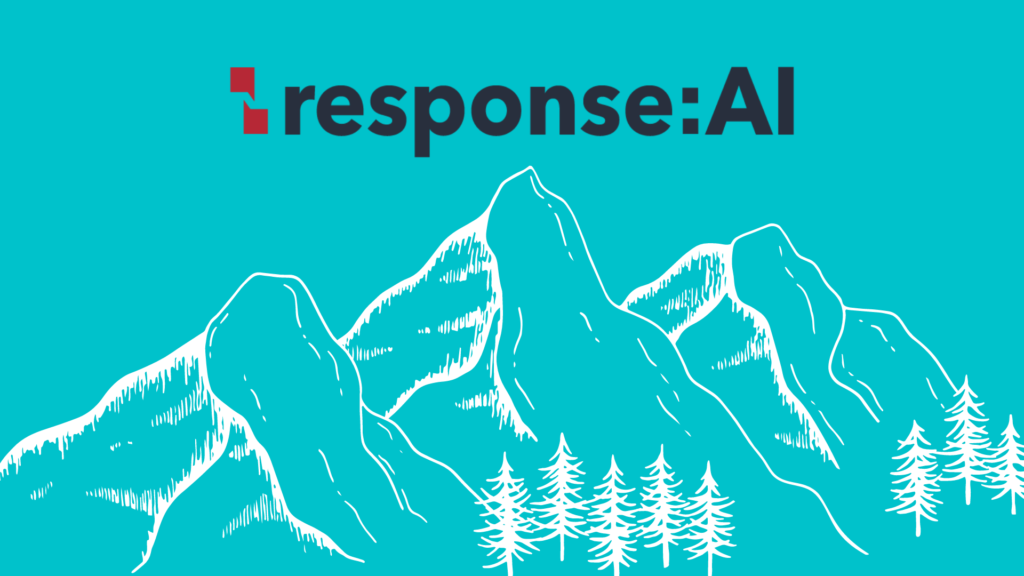
With all the proprietary work Response:AI does for our clients, it is a rare and exciting event to see the results on a recent study published in a report issued by The British Academy. The global pandemic has created a critical need for governments and public health agencies to better understand the consumer attitudes and motivations that impact vaccine acceptance, which can vary dramatically based on regional and socio-demographic factors. Response:AI was contacted by academic researchers from the University of Kentucky and Bangor University in Wales to assist with the design and execution of a massive study in the Appalachian region of the US. The study was funded by The British Academy and Public Health Wales.
The recently released report, titled Covid and the Coalfields, highlighted several key factors associated with attitudes towards vaccines:
1. Levels of distrust in government and social institutions are very high. Beyond this, in the Appalachian region, residents report low trust even of their neighbors. Such skepticism is directly tied to willingness to be vaccinated, as the idea that an institution would have their best interests in mind is considered unlikely at best and absurd at worst. This lack of trust is perhaps not unfounded. A history of exploitation goes hand in hand with the history of Appalachia, where the country benefited immensely from the dangerous and underpaid physical labor of locals. Health complications and economic disparity have birthed generations of understandable resentment and a deepened sense of isolation from other communities and cultures.
2. Social connections through churches and civic organizations, while associated with greater vaccine acceptance in Wales, have the opposite effect in the US. The U.S. has a unique relationship with religion and politics which contribute to high levels of skepticism around vaccines in certain areas of the country. While those trends are highly recognized and expected by American citizens, this attitude can be baffling to other countries.
3. Income and trust levels and inherently linked in Appalachia. Vaccination rates were lower among low-income respondents. This included respondents who had lost jobs or suffered new or worsening economic distress as a result of the pandemic. While the locals surveyed were hesitant to connect poverty and vaccine hesitation, citing instead a lack of quality education, self-reporting unvaccinated respondents voiced their economic challenges during Covid in droves. Yet the vaccine was largely not seen as a solution to financial struggles in this community. This contrasted with coal towns in Wales, where locals appeared to have a more community-oriented mindset, as opposed to the American attitude where self-preservation is not a group effort.
We were honored to be the survey research technology platform chosen for this important research. Our previous experience with surveys in this region of the country, coupled with the ability to field through multiple modes (panels, social media invites, text-to-survey and live phone) to reach deep rural and low-income households, made us the optimal choice.
“The response:AI survey automation platform was a key means of ensuring the success of this survey.” -Chris Saville, Principal Researcher, Bangor University
Regardless of any opinions on the Covid-19 vaccine, this research is pivotal and relevant to ongoing issues in our world, and our team at R:AI made it possible. Skeptical? Let us prove it! Click here to schedule a demo to learn how we can help your company next, no blind faith required.
To read the full report from The British Academy, click here.
